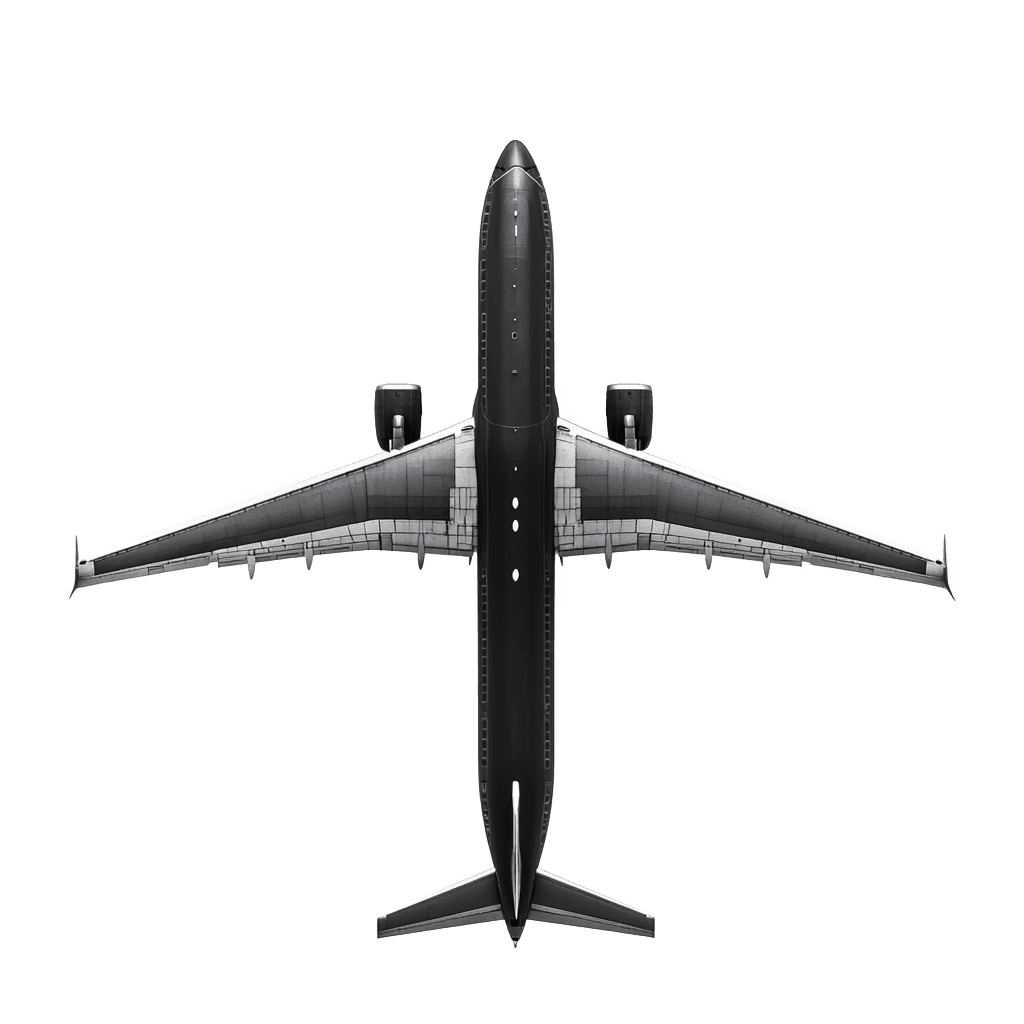Table of Contents
Flying with a Disability? Airline Accessibility Services Explained
Traveling by air can be a challenge for anyone—but for passengers with disabilities, the experience can be filled with extra steps, uncertainty, and even unnecessary stress.
Fortunately, airlines are required to offer accessibility accommodations, from wheelchair assistance and seating support to onboard services and service animal policies. But not all airlines are equally accommodating, and policies can vary by route, country, or even crew.
In this guide, we break down your rights as a disabled traveler, what services are available, how to request accommodations, and what to do if something goes wrong.
♿ 1. What Accessibility Services Do Airlines Offer?
Airlines must comply with the Air Carrier Access Act (ACAA) in the U.S., and similar regulations abroad, to ensure non-discriminatory service for passengers with disabilities.
Common accessibility services include:
✔ Wheelchair assistance (to/from gates and between terminals)
✔ Priority boarding and accessible seating
✔ Help with stowing or retrieving carry-on bags
✔ Onboard assistance with lavatory access
✔ Use of personal mobility aids like walkers, canes, and wheelchairs
✔ Acceptance of service animals or emotional support animals (within limits)
📌 Note: These services are free of charge when properly requested.
📝 2. How to Request Accessibility Accommodations
Airlines recommend notifying them at least 48 hours in advance if you need special services. Here’s how to do it:
✔ Select “Special Assistance” or “Accessibility Services” during booking
✔ Call the airline directly to make detailed requests
✔ Submit documentation for certain needs (e.g., medical oxygen or powered wheelchairs)
✔ Request assistance again at check-in and at the gate
📌 Tip: Keep a record of your request confirmations in case of any issues.

✈️ 3. Accessibility During the Airport Journey
Here’s what you can expect at each stage:
Before Security
- Wheelchair escort from curbside or check-in to security
- Help with baggage check-in
Security Checkpoint
- TSA Cares program in the U.S. provides personalized support
- Private screening options available
- Travelers may stay in their own mobility device during screening
Boarding and Onboard
- Priority boarding is available for passengers with disabilities
- Aisle chairs and onboard assistance provided for long-haul flights
- Lavatory access help available (though lavatories are often very small)
- Service animals can sit in the foot space at your seat
📌 Warning: Not all aircraft are equipped with accessible lavatories, especially on short-haul routes.
📃 4. Airline-Specific Accessibility Policies (U.S. Carriers)
| Airline | Dedicated Accessibility Page | Service Animal Guidelines |
|---|---|---|
| American Airlines | Yes – Comprehensive services | Only trained service dogs accepted |
| Delta Air Lines | Yes – Detailed travel planner | Forms required; no emotional support |
| United Airlines | Yes – Accessibility Desk | Advance notice strongly recommended |
| Southwest Airlines | Yes – Special Assistance Desk | Priority seating offered |
| Alaska Airlines | Yes – Individualized support | Service animals must fit in foot space |
📌 International carriers follow their country’s accessibility laws, which may differ from the U.S.
🐕 5. Traveling with Service Animals
Under updated DOT rules (2021 onward, still active in 2025):
- Only dogs are recognized as service animals
- Emotional support animals (ESAs) are not protected under the same laws
- Service animals must be:
- Trained to assist with a disability
- Well-behaved in public
- Leashed or harnessed at all times
📌 You may need to submit a U.S. DOT Service Animal Air Transportation Form, especially for longer flights.
⚠️ 6. What If Something Goes Wrong When Flying With A Disability?
If your request is denied, your mobility device is damaged, or you’re treated unfairly:
✔ Document the incident immediately
✔ Speak to the airline’s Complaint Resolution Official (CRO)—they are trained to resolve accessibility issues on the spot
✔ File a complaint with the U.S. Department of Transportation (DOT) or equivalent agency in your country
📌 Tip: The DOT investigates all disability-related complaints and can hold airlines accountable.
✅ Final Thoughts: Know Your Rights and Travel with Confidence
| Action | Why It Matters |
|---|---|
| Request services in advance | Ensures your needs are met at every stage of travel |
| Understand your rights | Airlines are legally required to provide accommodations |
| Use TSA Cares or airport escorts | Reduces stress through personalized help |
| Travel with medical documentation | Speeds up approvals and prevents confusion |
| Report violations immediately | Helps you and protects future travelers |
📌 Bottom Line: Air travel should be accessible to everyone. With the right preparation and knowledge of your rights, passengers with disabilities can navigate airports and flights safely, comfortably, and with dignity.
Plan ahead. Advocate for your needs. Fly empowered. ✈️
